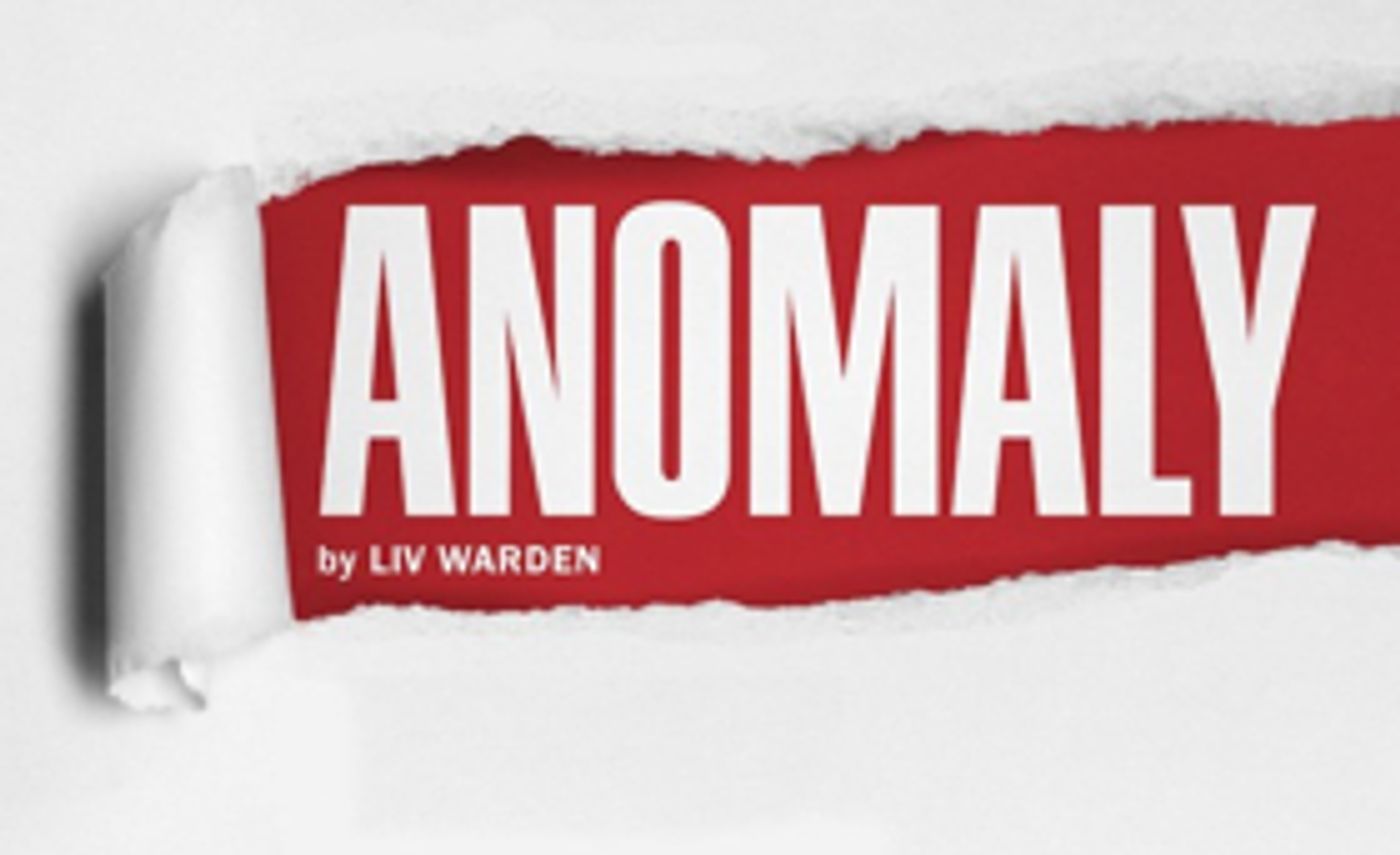Guest Blog: Playwright Liv Warden On ANOMALY at Old Red Lion

Post-Weinstein.
Post-Spacey.
Pre-Preston.
Back in 2016 at the Soho Theatre Writers Lab, Anomaly was in its infancy. I was just beginning my playwriting journey and was trying hard to implement what I was learning. Soho had instilled in me that I needed to write with a voice that is my own - a notion that I found difficult.
At this point Anomaly had one character, Polly. The daughter of a privileged family trying hard to shake off the shackles of her upbringing. She was troubled, fraught, charismatic and intelligent; frustrated at the world around her and the injustices she was witnessing.
I had a strong female protagonist, but I did not yet have a story. But I liked Polly, and I knew I would find it for her eventually.
It wasn't until just over a year later - on 10 October, 2017 - just before I was due to start the playwriting course with the National Theatre, that things started to click.
The New Yorker had obtained an audio of a NYPD sting against Harvey Weinstein and it was suddenly - almost overnight - headlining the world's media.
In the clip, Weinstein is heard coaxing wired-up Filipina-Italian model Ambra Battilana Gutierrez into his hotel room.
She says no. He tries again.
She says no. He tries again.
Ambra says the word 'No' ten times during the horrifying exchange. Weinstein keeps trying.
Eventually, he pleads with her: "I'm not doing anything with you, I promise. Now you're embarrassing me."
At this point, my knowledge of Harvey Weinstein was limited, but his thick, gravelly voice was that of a parodied hotshot producer from New York City. Gruff, unrelenting, sleazy and overly exaggerative. However, this was very real.
As I continued to listen I heard a comment that made my heart stop.
"Please. I'm not gonna do anything. I swear on my children. Please come in. On everything. I'm a famous guy."
This unease started to develop as the world's press started to spread its net. To Weinstein's wife. To his children. To the victims. To anybody smiling with him in a photograph. Meryl Streep's face was imminently billboarded around America with "She knew" plastered in deep magazine-red across it.
I started to think. How do the lies and abuses of a powerful man end up woven in with those around them, stamped across their faces? Does their poison somehow seep out and ensnare them too? Does the very nature of a relationship with these men result in some kind of assumed complicity?
So, with the help of the National Theatre course, I created Phillip Preston: a man in a position of immense power on the brink of consequence for the first time. But Anomaly is not about men like him. Instead, it is a war cry for the women in their lives who have been left to pick up the pieces.
Anomaly is the 24-hour aftermath in the lives of three daughters trying deal with the news that their prolific father has just been arrested for attacking his wife. Their mother. We find three Preston women: Piper, the ruthless and fiercely protective eldest daughter; Penny, the softer and more cautious middle child; and of course the young Polly - full of pain, frustration and ready to bite.
Battling a whirlwind of trauma created over years of abuse, violence and manipulation, they fight for their family reputation, their relationships with husbands, parents, children and, most disastrously, each other.
It is a play steeped in genetics, family history, and inherited pain. It's about fame, sensationalism and reputation, but it was never supposed to be about Hollywood. The voices of abuse survivors are starting to ring out. The world is ready. But are we really listening?
You remind me of your mother.
How do you figure that one out?
Swallow everything. Protect the family. Prestons first.
Anomaly at Old Red Lion Theatre 8 January-2 February, 2018
Videos

